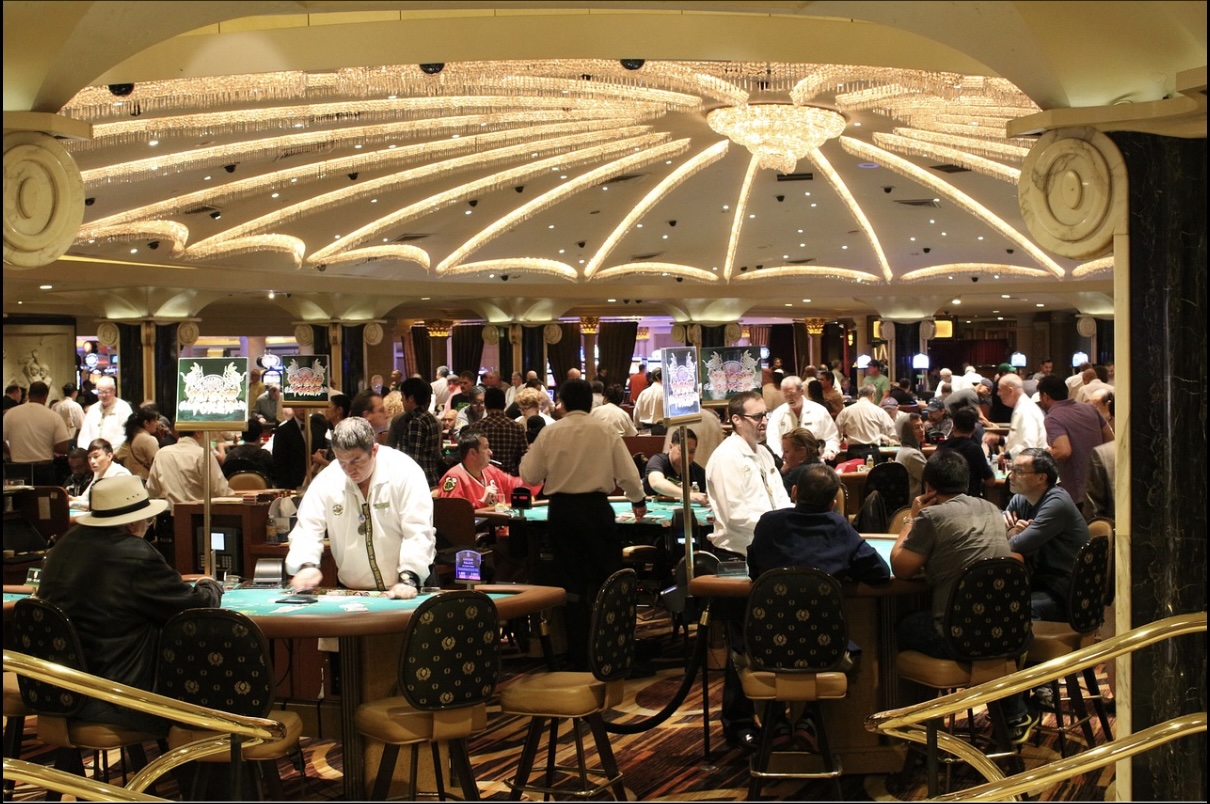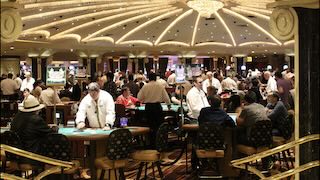Oct 30 (News On Japan) - Yumeshima Island just wrapped up hosting Japan's 2025 World Expo on Monday night, and the numbers are in: 25 million people showed up to see flying cars, AI-powered guide robots, and artificial hearts grown from stem cells.

The six-month event raked in an estimated $3.92 billion in profits – but that's just the beginning for this 390-hectare artificial island in Osaka Bay.
Built as a landfill and waste disposal site back in 1977, Yumeshima is now getting a complete makeover. The star attraction was MGM Osaka, Japan's first legal casino resort, which is costing $8.9 billion to build.
MGM and Orix Pour $8.9 Billion into Japan's First Casino Opening 2030
MGM Resorts International and Japan's Orix Corporation broke ground on their massive casino complex in April 2025. Each company owns 42.5% of the project, with local Osaka businesses holding the remaining 15%. So, they're aiming to open by autumn 2030, though construction faces some hurdles – they can't use heavy machinery until the expo cleanup finishes in October, and Japan's construction worker shortage isn't helping.
The resort will pack in 2,000 slot machines and 200 table games – but here's the catch for locals: Japanese citizens pay ¥3,000 ($21) just to enter the casino floor. Osaka residents get hit twice – they'll pay $42 total. The government designed these fees to keep locals from developing gambling problems while still attracting international tourists.
Besides the casino, MGM Osaka has three hotels with 2,500 total rooms, a 3,500-seat theater, 730,000 square feet of convention space, plus restaurants and shops. Bloomberg Intelligence predicts the resort will pull in $5.9 billion yearly in gaming revenue alone, making Japan the world's third-biggest gambling market after the U.S. and Macau.
Online Casinos Already Getting 2.7 Million Japanese Players
So, while MGM builds its physical casino, millions of Japanese gamblers aren't waiting around. Government data shows 2.7 million people in Japan used online casinos in 2024, even though they're technically illegal.
Such a turn toward technology explains why many players now prefer no signup needed to start playing platforms – they let you jump straight into real money games without registration, membership forms, or sharing personal data. Players love the instant access and privacy – there's no digital paper trail. The trend is especially attractive to younger Japanese gamblers who seek anonymity and want to start playing right now.
Formula 1 Track and Flying Car Tests Show Yumeshima's Tech Ambitions
Well, Yumeshima won't just house casinos and hotels – developers have pitched a Formula 1 racetrack, a huge water park, and more luxury resorts for the island. Nine tech companies already use the space as a testing ground for some futuristic projects.
Osaka Gas tested Spacecool, a film that cools buildings by six degrees Celsius without electricity. Another company runs self-driving buses with underground wireless charging coils – and the wildest experiment was drones that spray water vapor into the air, making temporary screens for laser emergency signs – basically holograms for crowd control.
Public Split – Only 30.6% of Japanese Support Their First Casino
Despite the massive investment, Japanese citizens remain skeptical – a November 2024 poll found just 30.6% support the casino project, while 30% oppose it outright. But another 36.7% don't care either way.
Kobe University sociology professor Hiroki Ogasawara calls casinos monuments to "greed and desire." But Osaka Governor Hirofumi Yoshimura sees dollar signs, predicting the resort will "make overwhelming demand in tourism and business."
The money backing this project shows investors aren't worried about public opinion. Mitsubishi UFJ Financial Group and Sumitomo Mitsui Banking Corp lead a ¥530 billion ($3.68 billion) loan package. MGM recently pumped in an extra $3 billion to cover rising construction costs.
Competition from other Asian markets adds pressure, though. Singapore's two casinos secured more than $4 billion combined in 2023, while Thailand is developing its own casino tourism sector. So, if MGM Osaka stumbles or delays past 2030, Japan risks losing its shot at the Asian gambling market – but for now, this former trash island is Japan's biggest bet.















